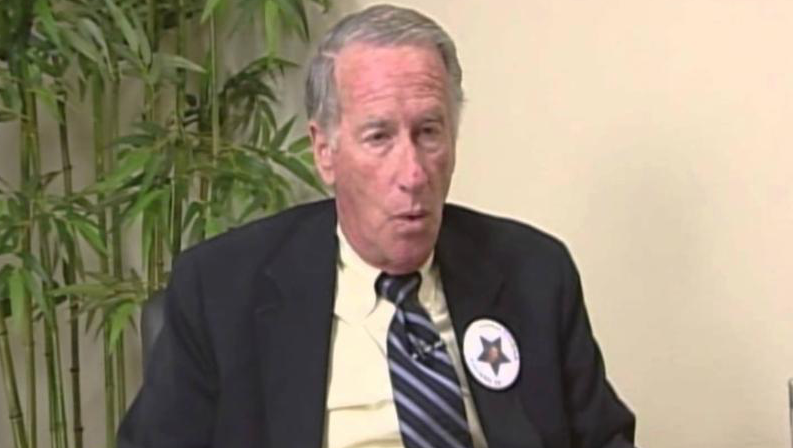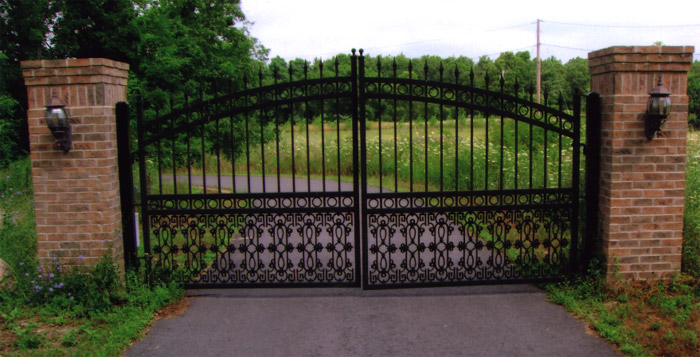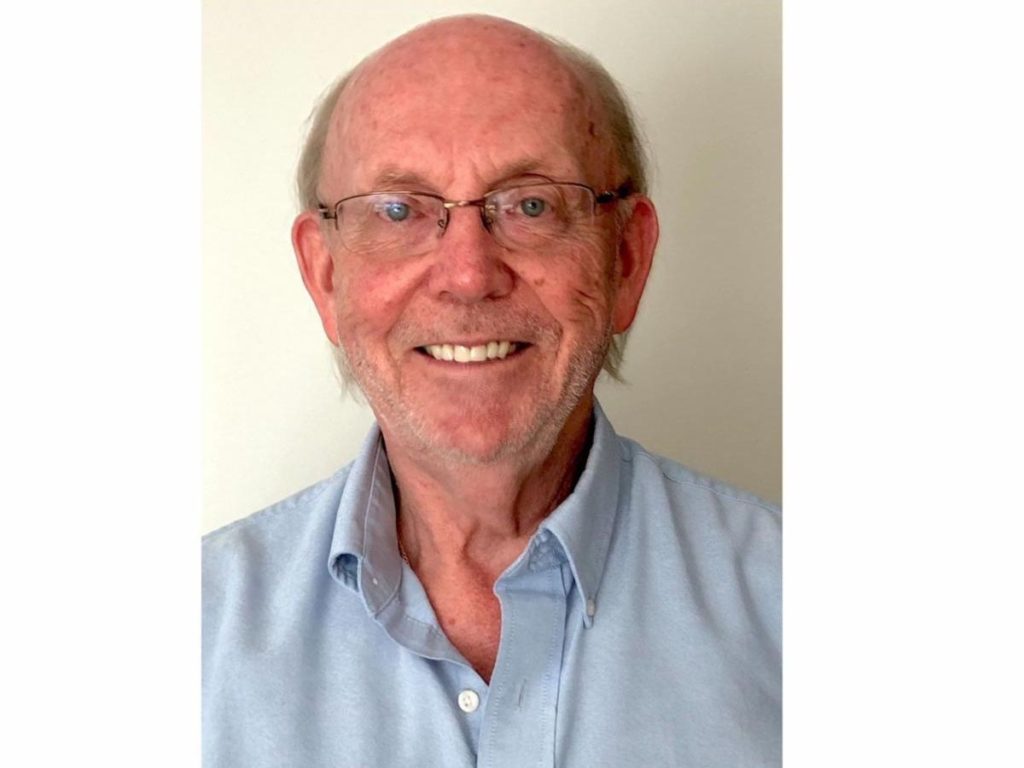
| This interview was recorded and broadcast earlier. Byron Hanke is largely credited with being the grandfather of what we often refer to as “homeowner associations”. But this concept of homeownership includes condominiums, co-ooperatives as well as fee simple single family homes. As I started looking at the bigger picture of HOAs, I wondered about the origins of the concept. I called Byron Hanke several times and talked to him on the phone. He never agreed to be interviewed but was generous with his time when it came to talking one on one. In October of 1999 I got a call from Lincoln Cummins, one of the three founders of CAI and its second President, inviting me to a summit to be held at at Anne and Byron’s house in a place called “Scientists Cliffs” in Maryland. Scientists Cliffs served as a model for HOAs. Lincoln Cummings joins us On The Commons this week. Linc has been involved from the very beginning so has a unique perspective. He takes us on a trip down memory lane to the very early days of association housing, introduces us to the people involved and talks a little about the thoughts and plans they had. We’ll find out whether or not their ideas materialized as imagined or whether some things went astray. We’ll also ask Linc, hindsight being 20/20, if he could go back to the very beginning, would he do anything differently. |









